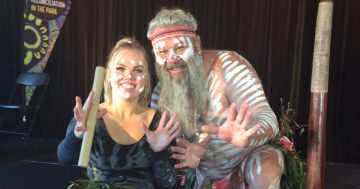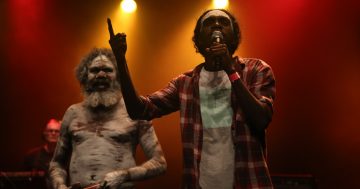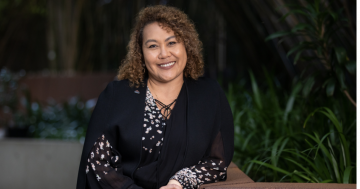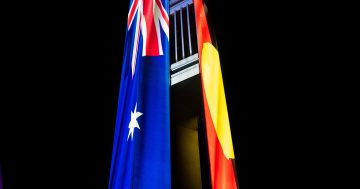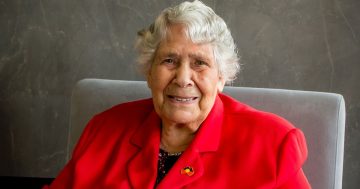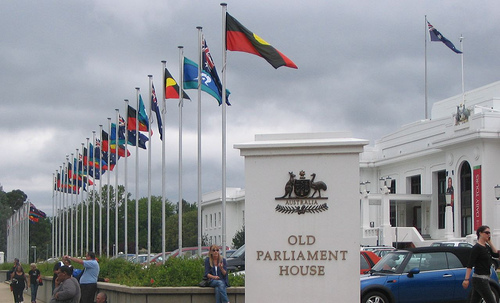
Last week I introduced a bill in the Legislative Assembly to establish the Reconciliation Day public holiday. If passed, this will be the first Aboriginal and Torres Strait Islander focused public holiday in Australia.
The Reconciliation Day public holiday will be an opportunity for the Canberra community to come together in the spirit of reconciliation to recognise and celebrate the important place of Aboriginal and Torres Strait Islander culture and history in our city and nation.
Reconciliation Day will be held on the first Monday on or after 27 May, the anniversary of the 1967 referendum and the first day of National Reconciliation Week.
The first Reconciliation Day will be on Monday 28 May 2018.
National Reconciliation Week is bookended by significant milestones in the reconciliation journey.
The 1967 referendum, the 50th anniversary of which we marked this year, saw more than 90 per cent of Australians vote to give the Commonwealth the power to make laws for Aboriginal and Torres Strait Islander peoples and recognise them in the national census.
The end of reconciliation week, 3 June, commemorates the High Court of Australia’s landmark Mabo decision in 1992.
This case paved the way for Native Title.
A Reconciliation Day public holiday was a commitment made during the last Assembly. I acknowledge the work of my predecessor, Dr Chris Bourke, the former Minister for Aboriginal and Torres Strait Islander Affairs.
Dr Bourke was a driving force in the creation of the ACT’s newest public holiday. His op-ed in Guardian Australia went viral and has no doubt got other jurisdictions thinking about getting on board and joining us.
While adding Reconciliation Day, Canberra will be farewelling the Family and Community Day public holiday. Family and Community Day dates back to the 1930s as a union picnic day.
The significance of the Family and Community Day, its origins, and the important role of the labour movement will not be forgotten, however. The Government has committed to celebrating these important themes on Labour Day, giving the day and its message a far greater emphasis than it has had in recent years.
I also note the significant role the union movement has played in supporting the ongoing journey of reconciliation.
Reconciliation needs to be a conversation in Australian society that becomes normal and ongoing.
Reconciliation won’t end with a single act or gesture, but each step on the journey is important. The establishment of Reconciliation Day is Canberra’s next step.
On Reconciliation Day, I hope we will celebrate what we have achieved as well as recognising what we still need to do.
I look forward to working with the Aboriginal and Torres Strait Islander community as we consider together the best way to celebrate the first Reconciliation Day next year.












